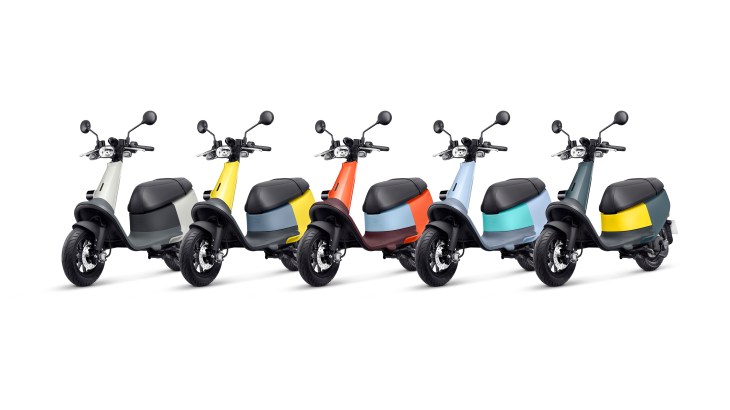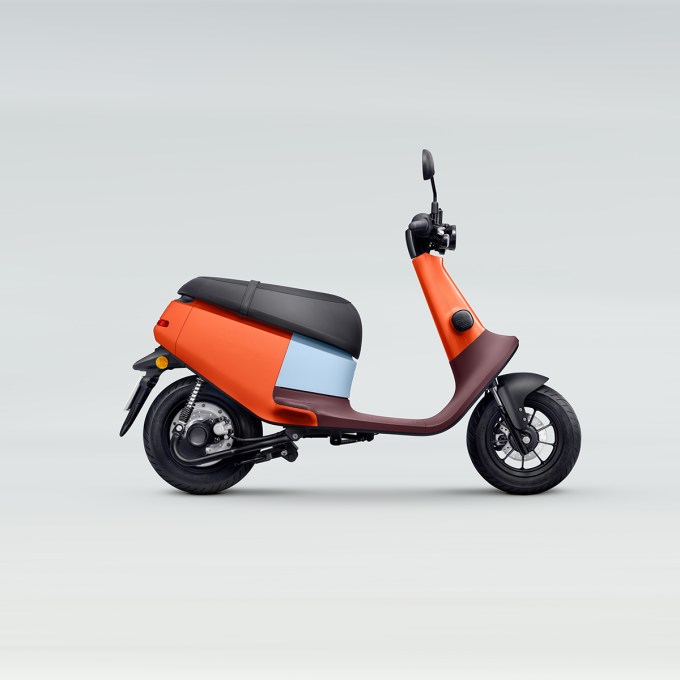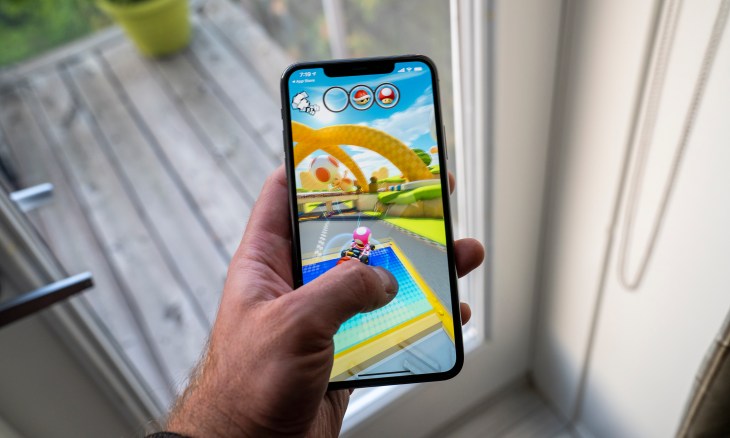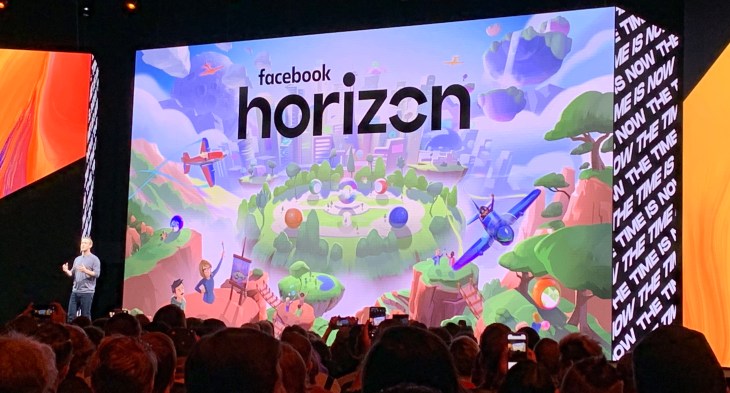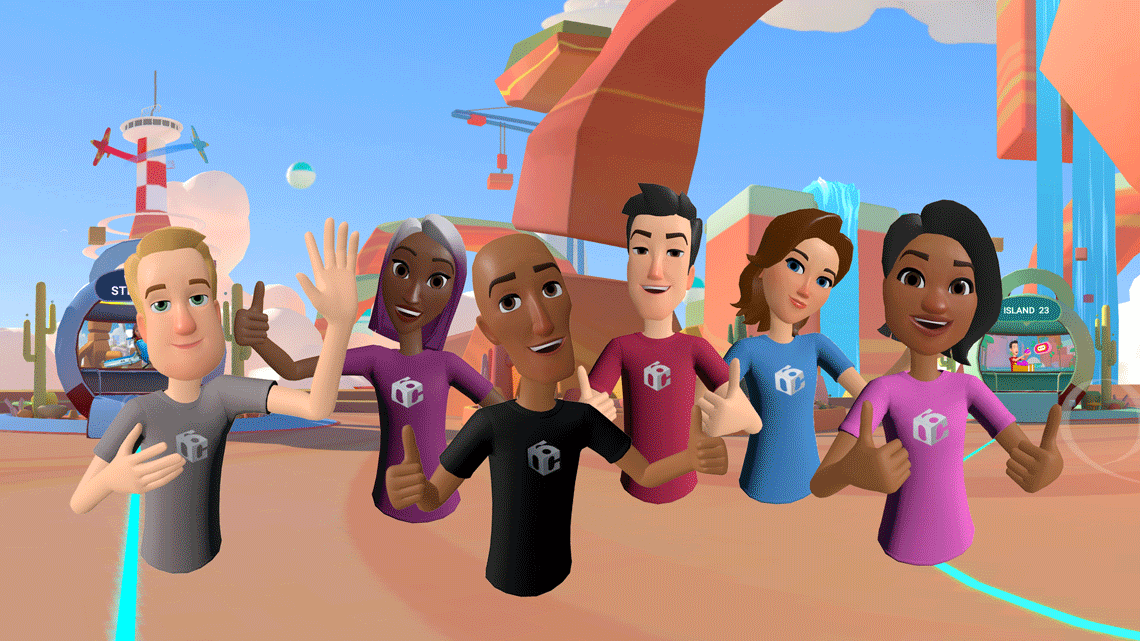The ink is not yet dry on Amazon’s $4 billion acquisition of OneMedical, but in the meantime, the online services giant is making one more move into telehealth, and into medical services overall, on its own steam. The company today is taking the wraps off of Amazon Clinic, which Amazon describes as a virtual health “storefront”: users can search for, connect with, and pay for telehealth care, addressing variety of conditions that are some of the more popular for telehealth consultations today.
Amazon Clinic is initially launching in 32 states in the U.S.. It does not work with health insurance and this point, and overall pricing will vary depending on providers, conditions, and location. (One example, connecting with a clinic for acne treatment in Nevada will cost around $40, and you get a choice of two providers whose different offers are provided in a comparative table. Another example, for pink eye (conjunctivitis) in New Jersey, has a wider price gap of between $30 and $48 between the two providers listed.)
Amazon Clinic appeared to leak out about a week ago when users spotted a video on YouTube that was then quickly removed as media picked up on the attention. Now, it is launching officially, and at a critical moment.
It’s only been a few months since Amazon shut down Amazon Care, which had been a telehealth service that it created for its own employees before stepping up plans to launch it nationwide and to third-party companies. And more generally, the company is, like many others in tech, feeling the economic pinch. It is reportedly gearing up to make a big round of layoffs, potentially 10,000 jobs and possibly this week; and additionally to that it’s been downsizing and cutting a number of its operations.
Amazon Clinic is about the company taking another pass at the healthcare market, and positioning itself as a player in what is a perpetual problem in the U.S.: how to bridge the gap between people needing medical help for ailments that are more complicated that a trip to the drug store, but might not justify expensive and time-consuming trips to the doctor.
(Other conditions it will cover addition to acne and pink eye include asthma refills, birth control, cold sores, dandruff, eczema, erectile dysfunction, eyelash growth, genital herpes, gastroesophageal reflux disease (GERD), hayfever, hyperlipidemia refills, hypertension refills, hypothyroidism refills, men’s hair loss, migraines, sinusitis, smoking cessation, urinary tract infections (UTIs), yeast infections and so on.)
Clinic is very much built in the Amazon mold. It’s a marketplace where third parties can leverage Amazon’s platform and reach to find customers, and Amazon can leverage third parties to quickly scale what offers to its consumers. And it helps Amazon extend the business funnel for other Amazon operations — in this case Amazon Pharmacy, which can fulfill any prescriptions that come out of Clinic consultations, and has reportedly not been as big of a boom in business as expected. (Users can fill Amazon Clinic scripts in other pharmacies, too.)
We’ve asked Amazon if it plans to provide its own in-house (private label, in e-commerce parlance) telehealth consultancy utalongside third parties, and what the plans are for further states, whether there are international ambitions, and if it will accept health insurance for Clinic in the future. It may well be that this is laying the groundwork for Amazon to link up what it is building here with OneMedical when that acquisition closes.
The bigger picture for Amazon Clinic is that the service will sit within Amazon’s bigger ambitions in the healthcare market. The company already has an online chemists, Amazon Pharmacy, which fulfills subscriptions and lets users additional buy over-the-counter drugs via Prime memberships that ship the items within two days.
Amazon also believes its new telehealth service addresses a gap in the market for providing users with health consultations for more minor ailments. Some situations need more direct physician involvement, which might be covered with One Medical or one’s existing healthcare coverage; some situations might be addressable by visiting a pharmacy on one’s own steam.
“But we also know that sometimes you just need a quick interaction with a clinician for a common health concern that can be easily addressed virtually,” the company noted in its blog post announcing the service.
Amazon has been making inroads, and laying out its ambitions, in healthcare for a number of years. Amazon Pharmacy was launched off the back of its acquisition of PillPack. And it’s been exploring healthcare as an enterprise opportunity, with integrations of Alexa into healthcare environments.
But Amazon Care is not the only step back it’s taken in its longer journey. In 2018, it formed a JV with JP Morgan and Berkshire Hathaway to build an employee healthcare operation, appointing a high-profile doctor to lead it. That service never appeared to take shape as expected and shut up shop in 2021.
We’ll update this piece as we learn more.
source: techcrunch.com











